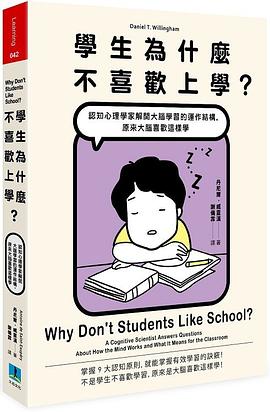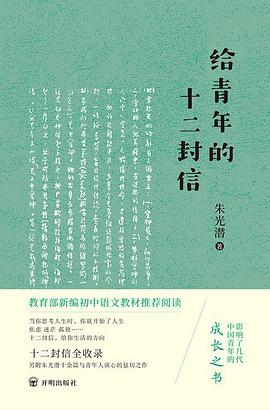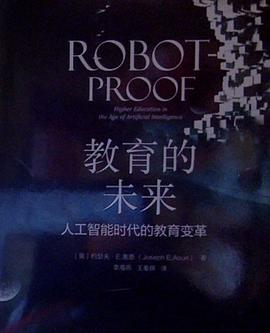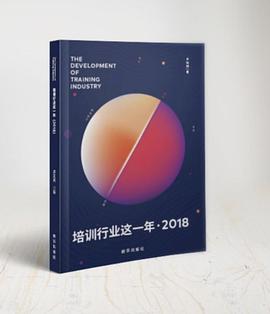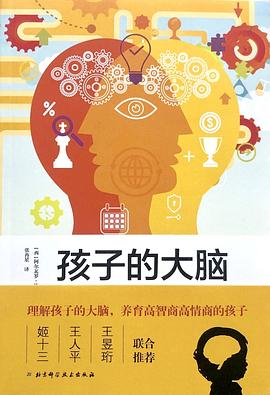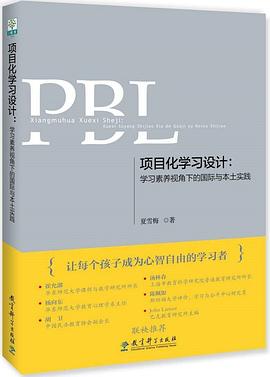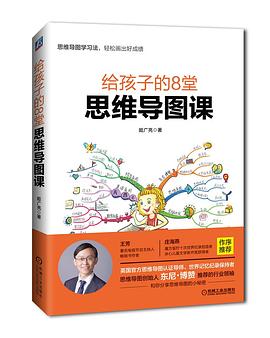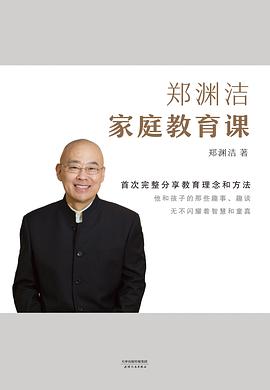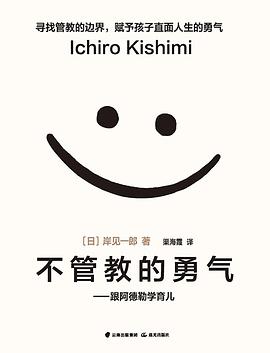

具体描述
An international and historical look at how parenting choices change in the face of economic inequality
Parents everywhere want their children to be happy and do well. Yet how parents seek to achieve this ambition varies enormously. For instance, American and Chinese parents are increasingly authoritative and authoritarian, whereas Scandinavian parents tend to be more permissive. Why? Love, Money, and Parenting investigates how economic forces and growing inequality shape how parents raise their children. From medieval times to the present, and from the United States, the United Kingdom, Germany, Italy, Spain, and Sweden to China and Japan, Matthias Doepke and Fabrizio Zilibotti look at how economic incentives and constraints--such as money, knowledge, and time--influence parenting practices and what is considered good parenting in different countries.
Through personal anecdotes and original research, Doepke and Zilibotti show that in countries with increasing economic inequality, such as the United States, parents push harder to ensure their children have a path to security and success. Economics has transformed the hands-off parenting of the 1960s and '70s into a frantic, overscheduled activity. Growing inequality has also resulted in an increasing "parenting gap" between richer and poorer families, raising the disturbing prospect of diminished social mobility and fewer opportunities for children from disadvantaged backgrounds. In nations with less economic inequality, such as Sweden, the stakes are less high, and social mobility is not under threat. Doepke and Zilibotti discuss how investments in early childhood development and the design of education systems factor into the parenting equation, and how economics can help shape policies that will contribute to the ideal of equal opportunity for all.
Love, Money, and Parenting presents an engrossing look at the economics of the family in the modern world.
用户评价
##inequality --> helicopter parents
评分##喜欢这本书。经济学家的背景婉婉道来美国,欧洲(北欧,西班牙,法国,意大利)和东亚(日本,中国)不同的社会环境造成了不同的父母(专制型,说教型和随波逐流型)。里面还有大量的数据实证分析。准备买一本收藏之。
评分##不管什么教育模式,都是历史、文化、社会、经济环境和政府政策共同影响的产物,所以也就没有非此即彼,也没有对错可言,只是应用程度的问题。个人觉得要想实行完全放任自由的教育理念,至少得有资金获取最好的教育资源,能提供一个良好的环境,才能完全放任小孩自我习得和成长。(第一次完整听完一本audiobook,发现听书还挺有效率的呀~)
评分##学霸爹的育儿研究报告,蛮值得一读。
评分##经济学是一门解释人类行为的科学。育儿则是非常典型的一种人类行为,因此毫无疑问的,本书利用大量的数据和对比分析阐述了经济状况的变化对人们育儿的直接影响。最核心的观点是,收入平等差距越大的国家,父母们越倾向于采用专断或者权威型的育儿方式,相反越是收入差距不大的地方——最典型是北欧国家,父母往往喜欢采取“放养型”的育儿策略。这一点非常容易理解,但更重要的是作者用数据说明了这个因素是影响父母育儿策略最重要的因素。本书给读者带来的另外一个重大意义是反思自己采取的育儿策略,在多大程度上收到了经济层面不平等程度的影响,而当前采取的育儿策略对孩子而非家长而言,是否是最优的选择? 另外赞一下本书的写作风格,基本没有偏词怪词,行文极其流畅,实乃英语听力输入的绝佳选择。
评分##喜欢这本书。经济学家的背景婉婉道来美国,欧洲(北欧,西班牙,法国,意大利)和东亚(日本,中国)不同的社会环境造成了不同的父母(专制型,说教型和随波逐流型)。里面还有大量的数据实证分析。准备买一本收藏之。
评分##喜欢这本书。经济学家的背景婉婉道来美国,欧洲(北欧,西班牙,法国,意大利)和东亚(日本,中国)不同的社会环境造成了不同的父母(专制型,说教型和随波逐流型)。里面还有大量的数据实证分析。准备买一本收藏之。
评分##不管什么教育模式,都是历史、文化、社会、经济环境和政府政策共同影响的产物,所以也就没有非此即彼,也没有对错可言,只是应用程度的问题。个人觉得要想实行完全放任自由的教育理念,至少得有资金获取最好的教育资源,能提供一个良好的环境,才能完全放任小孩自我习得和成长。(第一次完整听完一本audiobook,发现听书还挺有效率的呀~)
评分##非常enlightening , 用经济学角度从纵向(历史)和横向(各国)两个维度分析养育方式背后的经济动力。也有涉及性别,宗教,文化等影响因素。近些年流行向别国养娃,教育方式取经,法国妈妈育儿,芬兰教育等等都很流行,但某国在某个时期的育儿主流方式是从其社会政治文化土壤中长出来的,无法平移,甚至不能简单说更好。只有当孩子,家长,社会的发展方向都往一个方向,才会不拧巴,比如芬兰。而很多国家家长的选择在社会和孩子之间拉扯,既要以当下社会为参照系谋求孩子过上好日子, 也想顺应孩子的自然发展,这就很拉扯了。最后,中美在养育方式和很多社会特征上,相似远大过差异,别闹了真是。
相关图书
本站所有内容均为互联网搜索引擎提供的公开搜索信息,本站不存储任何数据与内容,任何内容与数据均与本站无关,如有需要请联系相关搜索引擎包括但不限于百度,google,bing,sogou 等
© 2025 book.qciss.net All Rights Reserved. 图书大百科 版权所有



